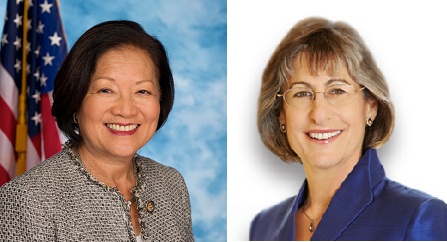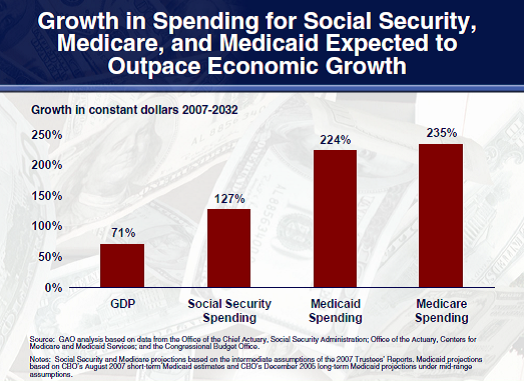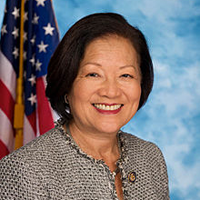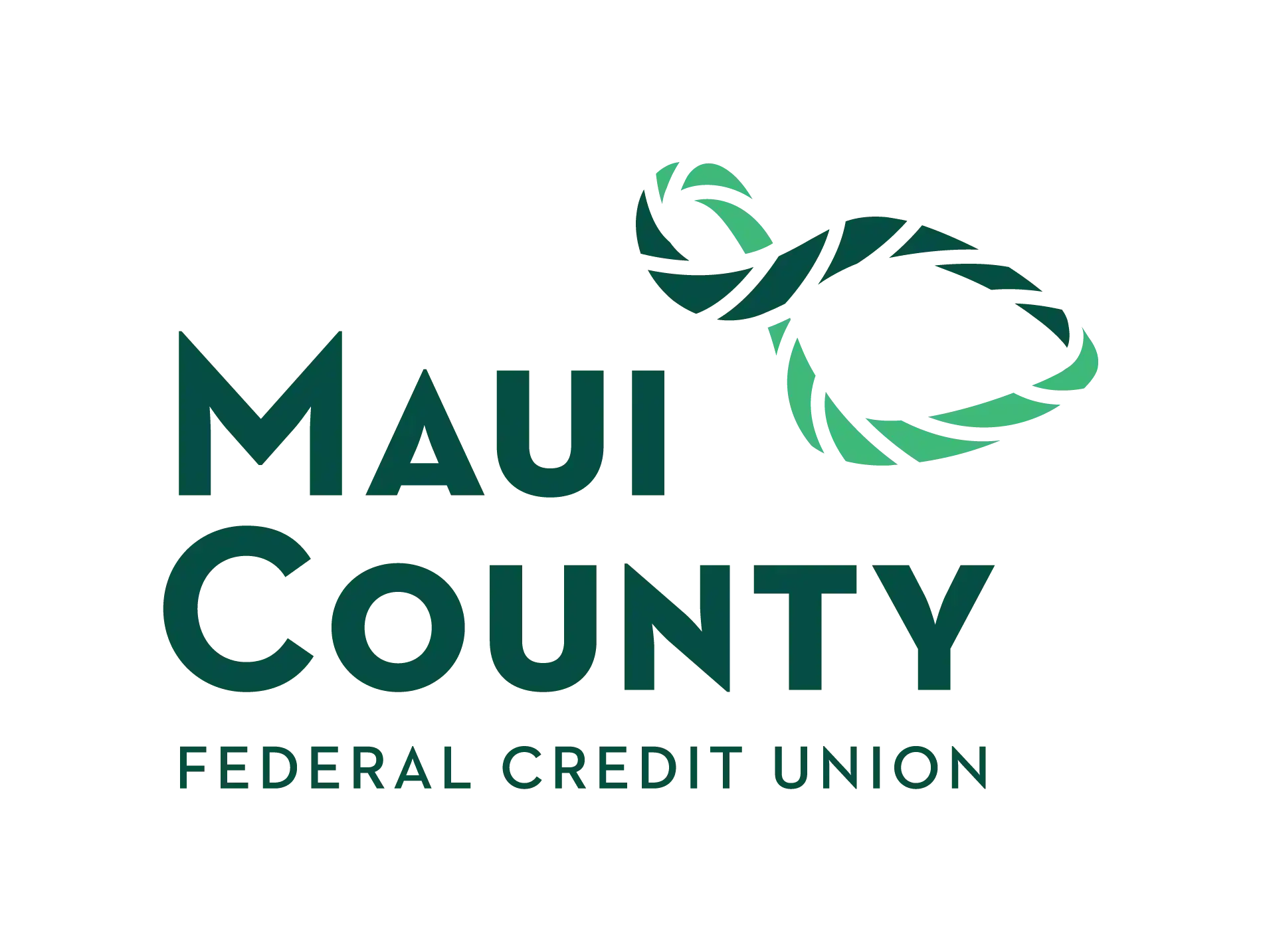Lingle vs Hirono: An Historically Rare, Important Election
By Nate Gaddis

Mazie Hirono, left, and Linda Lingle. 2012 US Senate candidates representing Hawaii. Courtesy photos.
On November 6th, 2012, 10 years after their fight for the governor’s office, Mazie Hirono and Linda Lingle will battle to become Hawaii’s first female US Senator.
The winner of this rare election could soon become the most powerful politician in the Aloha State. Should Daniel Inouye retire during their first term, one of these women would become Hawaii’s senior senator.
On November 6th, Hawaii residents will elect their first female US Senator.
Both women have enjoyed long and productive careers in politics, and contrary to their campaign rhetoric, profess many of the same goals for their state.
Each is pro-choice, is a supporter of the Akaka Bill, and has worked to advance early childhood education in Hawaii. Both have also worked to push clean energy initiatives in the islands and list energy independence for Hawaii as key parts of their campaign platforms.
But there are key differences and questions over how the candidates would handle subjects like tourism, health care, and a ballooning federal debt. With such a critical election just a few weeks away, we take a moment to examine some key issues.
Tourism: the China Question
Asian tourism will be essential for Hawaii’s economic growth.
With a rapidly growing number of upper and middle class professionals, the world’s second largest economy has enormous potential to boost Hawaii’s tourism industry. But a long and difficult visa application process is hindering that growth.
James Roy, a senior analyst for the Shanghai-based China Market Research Group, recently told Maui Now, “As the closest part of the United States to China, Hawaii holds strong interest to many Chinese, however access remains limited.”
But despite limited flight availability, and American travel visas being difficult to obtain, Roy observes “that does not mean the desire is not there – there are long waiting lines outside every US consulate and embassy in China all day, every day.”
Both Lingle and Hirono fought to secure visa waivers for South Korean citizens visiting the Aloha State, and have advocated in the past for easing travel restrictions on Chinese citizens. But with the battle for the US presidency about to enter its final lap, party politics may be driving a wedge between the candidates.
While Lingle helped to establish an office in Beijing to promote Hawaii as a tourist destination, she doesn’t appear to be as vocal now about luring visitors from the “People’s Republic.” A statement on her website specifically promotes visa waivers for countries like Taiwan (a strategic ally of the US) without mentioning such treatment for China. It’s an odd omission, and could be an effort to avoid clashing with her party’s candidate for the presidency.

Republican presidential candidate Mitt Romney has taken a firm stance against China. Image courtesy Grace University.
Mitt Romney has blasted the Chinese for allegedly undervaluing their currency (keeping the prices of Chinese goods artificially low). In addition, the Republican nominee for president is using the promotion of Taiwan’s defense capabilities as a way to contrast himself with President Obama. When Obama refused a request by Taiwan to purchase US fighter aircraft in 2011, Romney issued the following statement:
“In the face of China’s intensive military buildup, the United States needs the strongest possible partnerships in Asia. However, President Obama has ignored Taiwan’s request and caved into the unreasonable demands of China.”
A resolution passed at the Republican National Committee 2012 winter meeting further cemented the party’s backing of Taiwan, and Romney has made clear he is intent on containing the Chinese strategically.
In light of her party’s aggressive rhetoric, Maui Now sought clarification from the Lingle campaign over her current views on China, and how she would deal with her own party to promote Hawaii’s interests, should Romney be elected to the Presidency. As of press time, we had not received a response.
Where Lingle isn’t currently specific over Chinese tourism, Hirono is clear and vocal. Hirono’s Visit USA Act would allow Chinese visitors to apply for five year multiple-entry visitor visas. Currently, Chinese visitors can only apply for such visas on a one year basis.
With a rapidly growing economy already 10 times larger than that of Taiwan, securing more visitors from China is an obvious necessity for the Aloha State. With the RNC intent on presenting itself as a bulwark against Chinese military expansion, and Romney threatening to take China to task at the World Trade Organization, it’s imperative that Lingle be able to stand up to her own party on matters relating to Hawaii tourism.
Social Security and Medicare: a Mixed Bag
By some estimates, the Social Security trust fund will be exhausted by the year 2036.
Hirono has taken a firm stand against any attempt to raise the future eligibility age for Social Security benefits, something that many analysts say will be necessary if the nation is to continue supporting senior citizens as they enjoy increasingly long lifespans. She favors a payroll tax system that would raise rates on citizens earning more than $100,100 per year.
Lingle, by contrast, favors a broader set of reforms to Social Security, including a gradual increase to the payroll tax for 90% of all wages that would eventually reach levels set back in 1983. She also would consider gradually increasing the eligibility age for full benefits, starting in 2027.
Although Social Security needs some adjustments to remain solvent, it is a walk-in-the park compared to the looming fiscal train wreck that Medicare represents.
Both candidates eagerly tout plans to root out “fraud and abuse” from the nation’s largest health care program for the elderly. But Lingle and Hirono differ wildly on how much they claim can be saved by better-policing Medicare. Lingle estimates that $50-100 billion of nasty business can be wrung out of the system each year, while Hirono narrows her claim to around $60 billion in annual savings.
Given her record, it’s no surprise that Hirono is against the idea of raising the Medicare enrollment age. But despite a reputation for being more budget-minded, Lingle shares that view, explaining in a statement on her website that “changes to the retirement age will not solve the problem,” going on to state her support for Medicare malpractice reform.
When the actual costs facing Medicare are examined, both Lingle and Hirono appear to be in a state of denial regarding the program’s sustainability. An analysis by the United States Government Accountability Office (GAO) in 2008 found that as a portion of federal spending, Medicare and Medicaid increased 19-fold since 1966, with the Medicare Hospital Insurance Fund going into a cash collections deficit as early as 2006.
While the GAO expects the US economy to grow 76% from 2007 to 2032, Medicare spending is projected to rise 235% under the current system. Further, the staff from the Social Security and Medicare Trust Fund recently estimated that Medicare’s 2011 share of the US economy was 3.7% (approximately $570 billion) in 2011, and will likely to increase to 5.7% by 2035 without significant changes. Given those numbers, both Hirono and Lingle’s solutions to the problem seem lacking.
The Federal Debt: Pork vs Vegetables
Senator Daniel Inouye is often snarkily referred to by Republicans as the “king of pork” — a label he has embraced in the past — because of his impressive ability to fetch an outsized slice of the earmark pie for the Aloha State. His deep connections and long tenure have paid huge dividends for constituents over the years, and both Hirono and Lingle are vocal about their ability to obtain federal dollars for Hawaii.
Both candidates are attempting to balance their eagerness to fetch federal funds by putting forth their own plans to tackle a growing federal deficit, and an impending “fiscal cliff.”
Should the US Congress fail to act, a series of tax increases are set to take effect on December 31st of 2012, along with automatic spending cuts to federal programs. It’s estimated that the ensuing financial shock could destroy 3 to 5% of the US economy in 2013, enough of a blow to risk another recession.
Hirono, for her part, is willing to let tax rates rise on December 31st for the wealthiest 2% of Americans, claiming that would cut the federal deficit by $830 billion over 10 years. In addition to the Medicare savings claimed by both candidates, Hirono also proposes ending oil company tax breaks (a $41 billion savings, by her estimation).
Although Hirono includes $1.4 trillion in savings over 10 years from “ending the wars” in Iraq and Afghanistan as part of her platform, it’s worth noting that given the intent by both Obama and Romney to end major US engagements in the Middle East (albeit with Romney scolding Obama for allegedly rushing the process), those savings will likely be realized regardless of which candidate is elected.
Lingle publicly states her belief in the need to simultaneously increase tax revenue and cut spending. But other than the payroll tax reform mentioned earlier, Lingle has so far been vague on income tax rates. Her campaign states her intent to “bring down the tax rate to something more reasonable” and “collect more revenue…with everyone paying at a fair and a similar rate.”
But while she describes broadening the tax base with such an approach, she fails to mention what rate she would actually charge, and whether it would mean a tax increase for low income earners.
Lingle gets more specific when it comes to congressional performance, promising efforts to cut the congressional budget, freeze legislator’s salaries for three years, and prevent paychecks from being cut to congressmen if a budget fails to get passed.
Health and Social Issues: Gay Rights a Dividing Line
Mazie Hirono is a vocal supporter of President Obama’s Affordable Care Act (aka “Obamacare”), which was recently validated by the US Supreme Court. Lingle however opposes large sections of it.
The former governor has said that she is wary of state health insurance exchanges, and is against forcing Hawaii into a “one size fits all” program. Lingle has stated that she would like to remove “unelected advisory boards,” institute national medical liability reform, and make other changes to the existing law.
Lingle has clearly stated however, that if forced to either accept Obama’s health care law “as-is” or to repeal it, she would “vote to repeal.”
When it comes to social issues, while both Hirono and Lingle are pro-choice candidates, their views on gay marriage are sharply divided.
Although Mazie Hirono’s campaign website doesn’t appear to tout her view on the matter, she has publicly stated her support for gay marriage, and praised President Obama’s decision to reverse his own previously disapproving view.
Lingle however, does not believe gays should have the right to marry. She famously vetoed a Hawaii Civil Unions Bill in 2010, two years before a similar measure would be signed into law by her successor, Governor Neil Abercrombie. Lingle favors voter referendums on the issues of gay marriage and civil unions. Such referendums are popular with conservatives, as they often contradict national polling data that shows an increasingly tolerant view of US citizens toward same-sex unions.
Although conservatives will have to swallow a bitter pill on Lingle’s abortion views, traditional values-voters should still have an easy choice between the former governor and Rep. Hirono.
Differences between the candidates over how to tackle long term challenges like Social Security, Medicare, and the federal deficit should give voters lots to chew on between now and November 6th.














